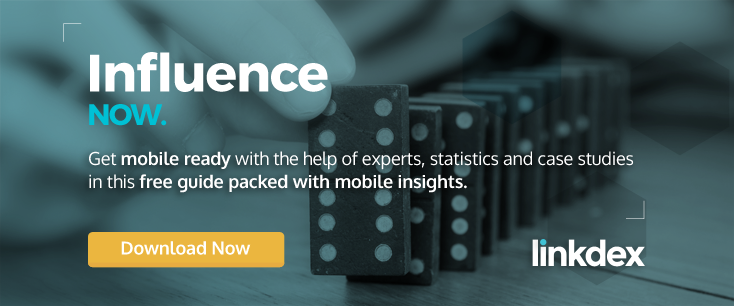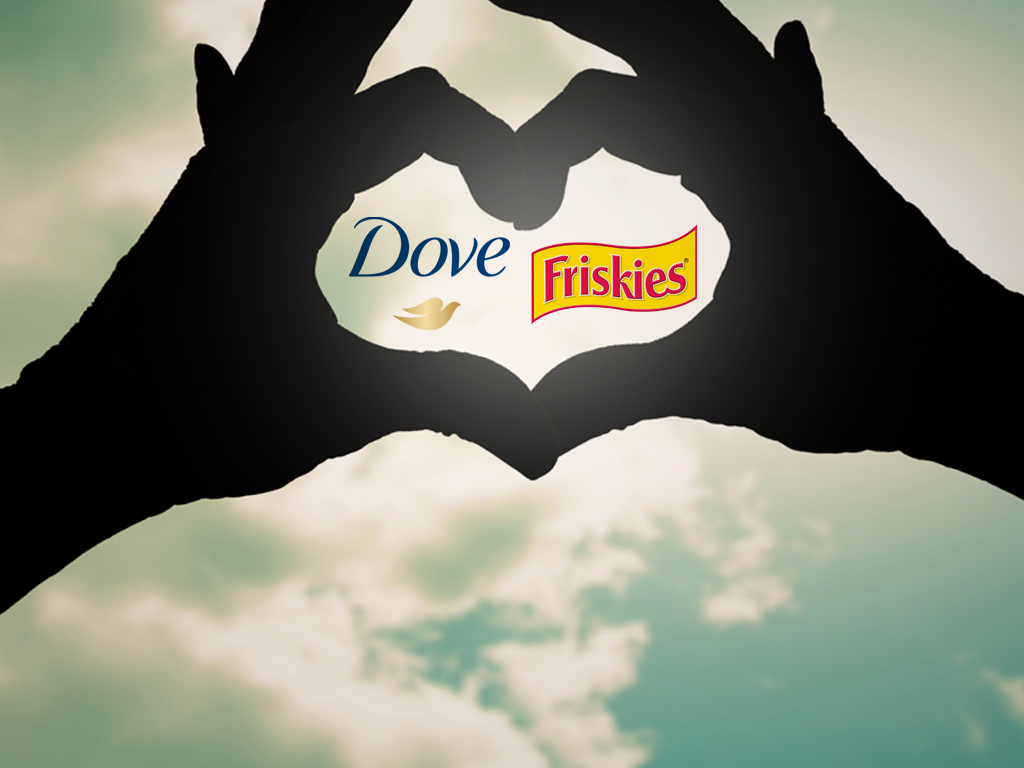We often hear how Millennials are tethered to their electronic devices. “Life is what happens when you’re looking at your smartphone.”
It makes sense. Our phones are so much more than just phones – they’re mirrors, wallets, alarm clocks, taxi hailers, and envy instigators. DJs, brokerage houses, and health monitors. Rightfully so, we spend a lot of time on them.
According to a Gallup poll, over 50 percent of Millennials check their phones at least a few times an hour. That adds up to a lot of screen time.
Accordingly, this time and engagement translates to high favorability ratings. Apple, Google, and Samsung, all extremely influential in driving the technological ecosystem we live in today, consistently top “most valuable” and “favorite” brand lists, from Forbes on the former to Boston Consulting Group on the latter. Curious, we set out to better understand the brand preferences of Millennials that drive purchase intent.
Which Brand Characteristics Do Millennials Most Value?
Last year, Red Peak Youth surveyed 6,000 18- to 34-year-olds on their perception of brands in values such as altruism, user-centrism, participation, personality, and ingenuity, as well as key markers of success like brand love, loyalty and momentum.
To test measures of brand affinity, we asked participants to rate how strongly they agreed to the following statements: “One of the only brands I’d consider” (loyalty), “The brand’s best days are ahead of it” (momentum), and “I love this brand” (love). A score of 8, 9 or 10 indicated agreement.
We suspected brands like Apple and Google would score well, but we were surprised to discover that feelings of love and loyalty are felt as strongly—if not more strongly—for consumer-packaged food brands as they are for tech brands.
Why Millennials Love Oreo More Than Google
Indeed, the results of our Y‑Value Analytics survey show that 70 percent of Millennials report loving Oreo – 3 percent more than Google.
Google, creator of Gmail, developer of Android, and global arbiter of “don’t be evil,” garners less brand love than an unbleached enriched flour cookie. That’s pretty wild. As to why, simply put: this, ladies and gentlemen, is the power of brand. Oreo, not just a chocolate-flavored wafer with a sweet cream filling, scored 50 percent higher than average in metrics like “is always thinking about how to make me happy” and “has a personality I like.”
Our Y‑Value study of 75 brands yielded some other counter-intuitive findings.
For example, Millennials feel more loyal to Snickers than Apple (69 percent of those surveyed feel loyal to the brand versus 64 percent for Apple). And they feel equal measures of loyalty to Google as they do to Oreo – 4 out of 5 Millennials expressed loyalty to each. They also believe that Oreo has more brand momentum than Apple (which now, actually, seems quite prescient).
Brand Personality Trumps All
These discoveries highlight the importance of brand personality, user centricity, and relatability, key values in successfully marketing to these consumers.
Oreo, a snack that’s been around for 100-plus years, overhauled its marketing to revamp what the brand stood for and whom it spoke to. Honing its social skills, the conversation drastically changed, and was now between a cheeky, much more relevant brand and millions of young adults – taking place digitally, far outside of the kitchen.
While a brand positioning describes the qualities that differentiate one brand from another, the personality is what truly distinguishes it. Functional aspects matter, of course, but the strongest brands are those with well-defined personalities that relate to the consumers on an emotional level.
But who would have thought that a cookie could be viewed as having more personality than Apple?
To contrast the two, the snack brand speaks directly to its audience – engaging, spontaneous, and friendly. Apple, on the other hand, demands you meet them on their terms. Product launches are on a rigid schedule, there are never any sales (!), and even the comments section is disabled on their YouTube channel. That’s no fun.
While Apple wants control, Oreo aims for affection. From this perspective, it’s no wonder that the cookie brand outscores Apple in measures of love and loyalty in our study. Even if 99 percent of Millennials are devoted to their phone, only 46 percent of Millennials feel dedicated to the Apple brand.




